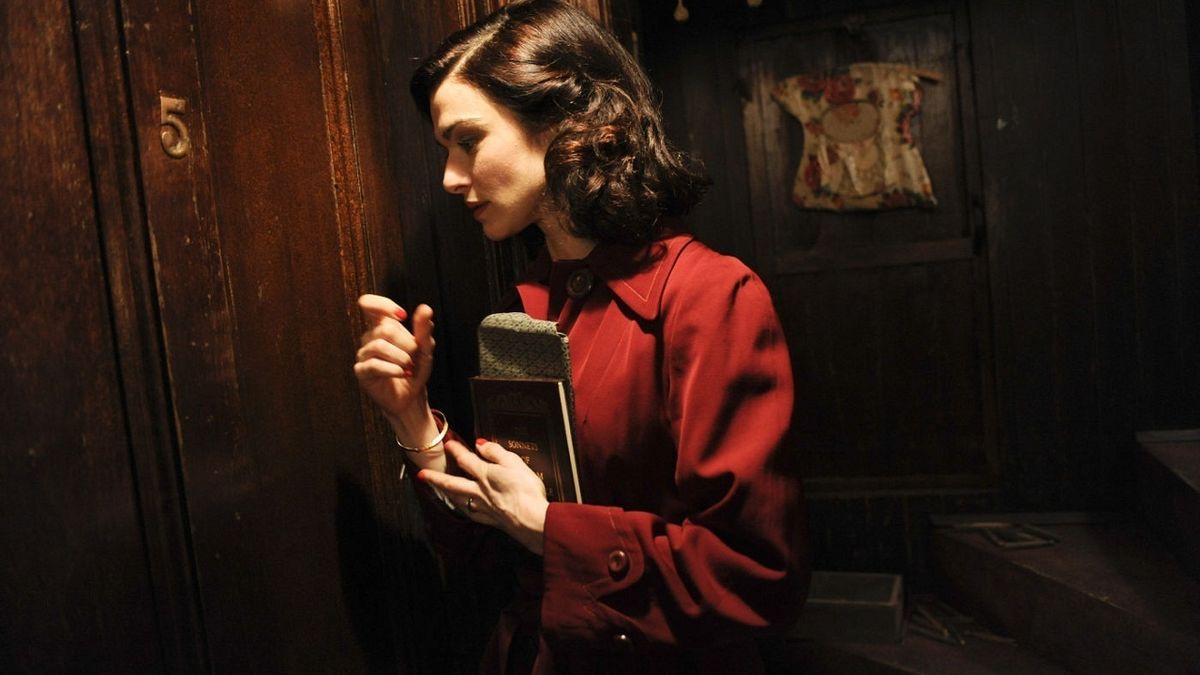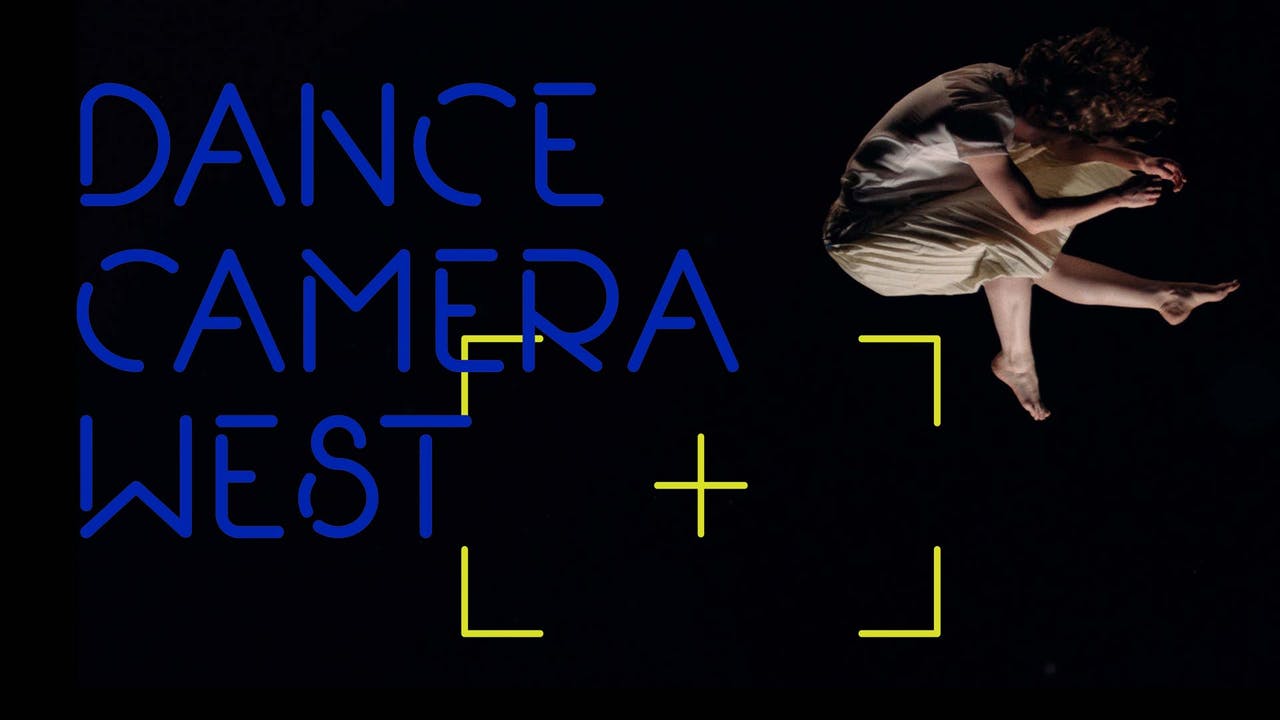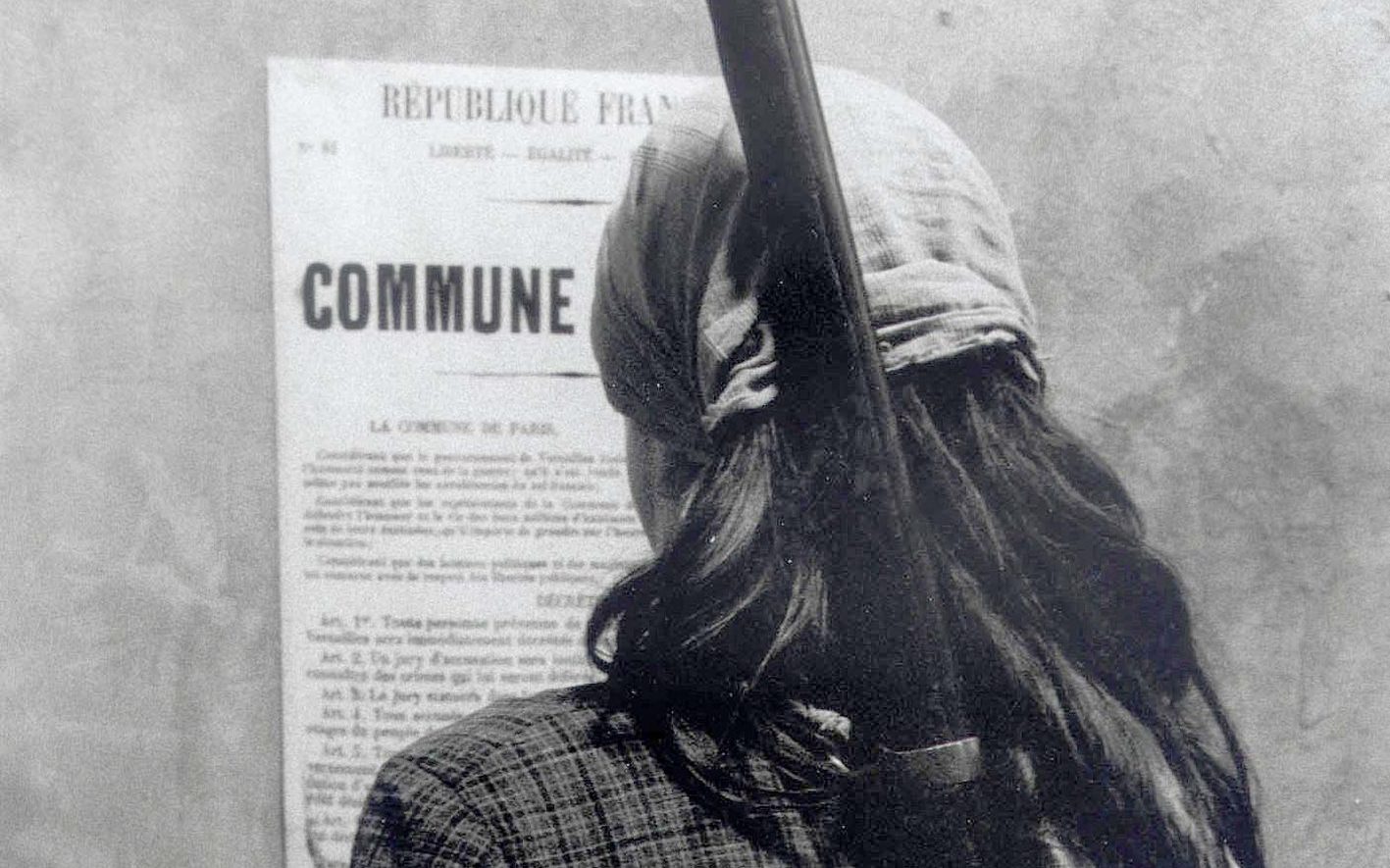Sukhdev Sandhu on Eugenio Polgovsky
Sukhdev Sandhu on Mexican filmmaker Eugenio Polgovsky. Kindly made available to the public by Sight & Sound | The International Film Magazine
A Statement by Eugenio Polgovsky
Starting on Thursday, May 13th, OVID will present six works by Mexican filmmaker Eugenio Polgovksy.
Popular This Week on OVID: Bettie Page Reveals All, Rachel Weisz and French Rebellions
Our viewer's top picks for the month of May, available to stream now on OVID.tv.
OVID’s May Releases: Jill Li’s “Lost Course,” Marco Bellocchio’s “Devil in the Flesh,” Resnais & Schoendoerffer Restorations, the Films of Eugenio Polgovsky, Dance Camera West Festival… & more!
OVID.tv, the curated streaming destination for documentary and art-house films from around the world, announces its wide-ranging selection of films coming in May.
Peter Watkins on Problems with the Contemporary Media Landscape
An Interview with Peter Watkins about how the contemporary media landscape limits opportunities for critical thought.
OVID Presents the Dance Camera West Film Festival
We're excited to announce that we'll be hosting the Dance Camera West film festival on OVID!
OVID’s April Releases: Peter Watkins’ “La Commune (Paris, 1871)” & more!
OVID, the curated streaming destination for documentary and art-house films, announces its wide-ranging selection of 34 films coming in April. Many of the films are premieres and available only on OVID.tv.
Popular This Week on OVID: Film Festival Favorites Including a Chilean Coming-of-Age Story and an Italian Comedy
Our viewer's top picks for the month of April, available to stream now on OVID.tv.
On the Hidden Beauty of Art: An Interview with Patrick Wang
Patrick Wang is a filmmaker living in New York. His latest feature A Bread Factory explores the role of art in everyday life and has been hailed as "a major new work by a singular American artist” (New York Times).
Anand Patwardhan on Religious Violence and Filmmaking
An Interview with Anand Patwardhan about religious violence and filmmaking.








